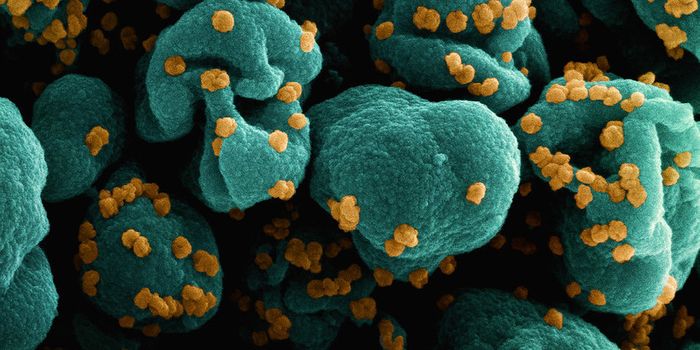Finally, an Alzheimer's Drug Targeting Amyloid Plaques Slows Disease
On May 3, 2023, Eli Lilly and Company announced in a press release that their Alzheimer's drug, donanemab, successfully slowed cognitive decline in a Phase 3 trial that included individuals with early symptomatic Alzheimer's disease. The company will seek FDA approval for this drug as soon as possible; they are looking for the "fastest path to traditional approvals," according to their statement.
In the trial, the investigators evaluated treatment efficacy using the integrated Alzheimer's Disease Rating Scale (iADRS). This metric takes cognition and a person's ability to perform common daily activities into account, like driving, having hobbies, knowledge of current events, or managing finances.
This metric indicated that trial participants who were given donanemab experienced a 35 percent slowing of decline, and another crucial secondary endpoint (Clinical Dementia Rating-Sum of Boxes, or CDR-SB) showed that there was a 36 percent slowing of decline over an 18 month period, compared to those who took a placebo.
For those taking donanemab, there was 40 percent less decline in their ability to perform typical daily activities after 18 months of treatment compared to participants taking a placebo. Donanemab prevented about the same number of people, 39 percent, from progressing to the next stage of Alzheimer's disease compared to those taking a placebo.
While there has been considerable debate about the exact causes of Alzheimer's disease, amyloid plaques are known to be a hallmark of the neurodegenerative disorder. These tangles of misfolded proteins are commonly seen in the brains of deceased Alzheimer's patients, but many therapeutics that have taken aim at these plaques have not been able to stop the disease effectively.
This latest drug has provided support for the amyloid hypothesis, because it works by targeting those tangles. It is an antibody that attaches to a part of the amyloid plaques, known as the N-terminal pyroglutamate Aβ epitope. The drug reduces the levels of these plaques, according to a phase 2 trial that was reported in 2021 in the New England Journal of Medicine.
These trials have been good news, especially for patients who have few treatment options. However, we will still have to determine whether the drug could have negative impacts for a small number of patients, once it is more widely available.
"We are encouraged by the potential clinical benefits that donanemab may provide, although like many effective treatments for debilitating and fatal diseases, there are associated risks that may be serious and life-threatening," commented Mark Mintun, M.D., group vice president Neuroscience Research & Development at Lilly, and president of Avid Radiopharmaceuticals.
Sources: New England Journal of Medicine, Eli Lilly and Company









